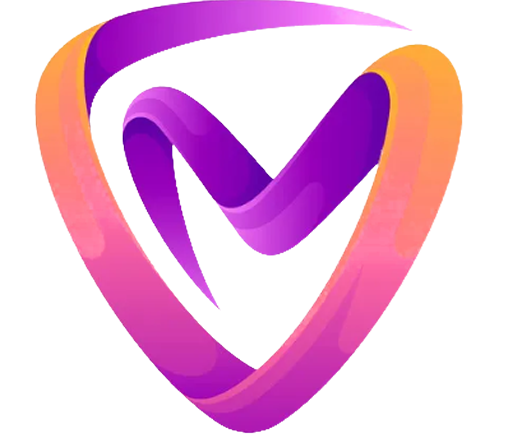What Is PHI, and How Can Healthcare Organizations Keep It Secure?
What Is Protected Health Information?According to UC Berkeley’s Human Research Protection Program, PHI includes any information found in medical records or clinical data sets that can be used to identify an individual. In addition, this information must have been collected, used or disclosed while providing a healthcare service. PHI can be used during the diagnosis or treatment of a patient or in clinical research processes.
The HIPAA Privacy Rule and Security Rule require the protection of identifiable health information, such as:
Information collected by doctors, nurses and other healthcare providers in the medical record
Conversations between doctors and other healthcare providers about a patient’s…














